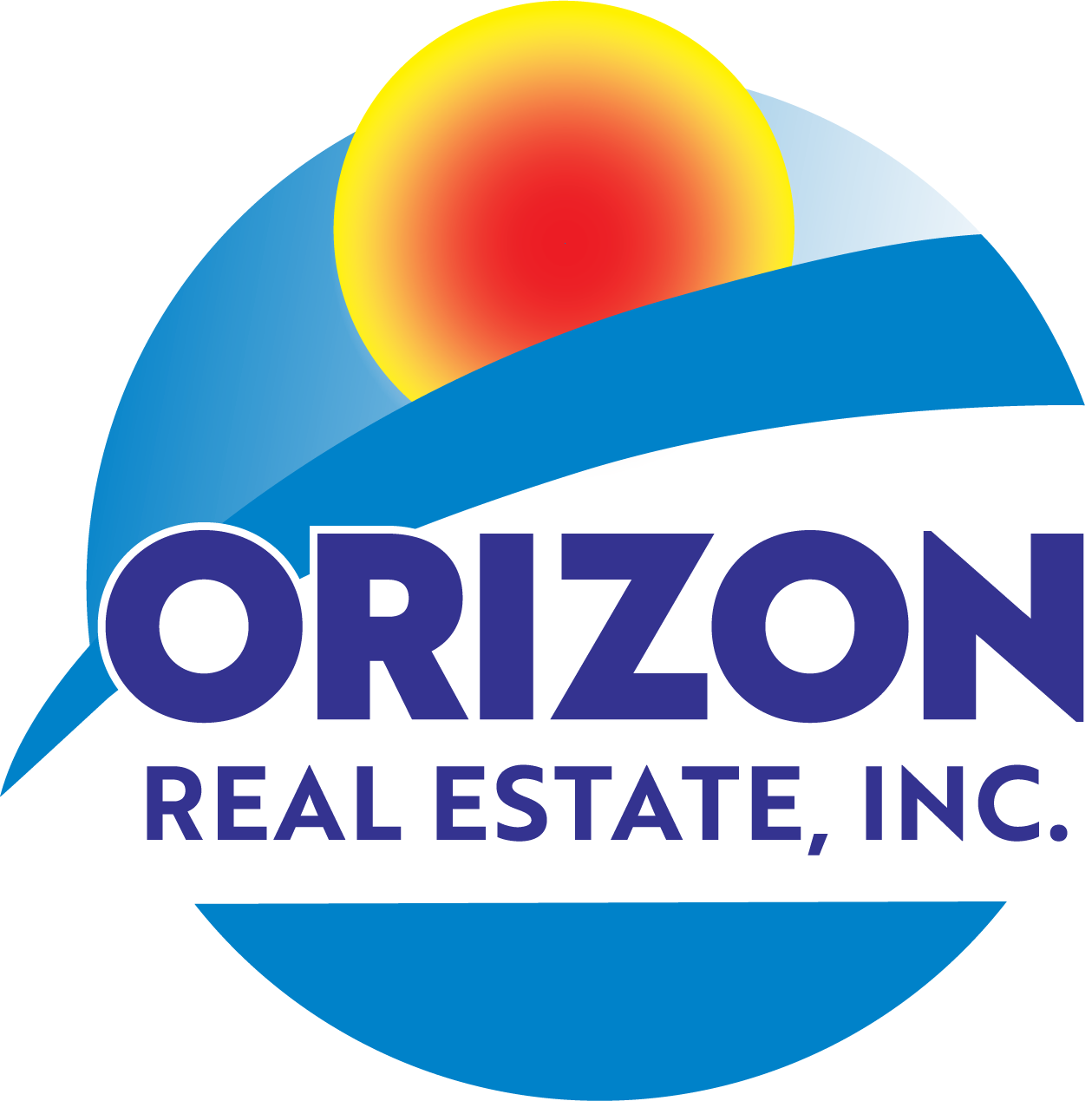California Department Of Real Estate: A Comprehensive Guide To Licensing And Regulations
Established to regulate and oversee real estate practices, CalDRE ensures that all transactions are conducted ethically and transparently. Whether you're a first-time homebuyer, a seasoned investor, or a real estate professional, understanding the role and functions of this department is crucial for navigating California's dynamic real estate landscape. With its stringent licensing requirements and robust consumer protection mechanisms, CalDRE has become a cornerstone of trust in the industry. The department's responsibilities extend far beyond issuing licenses. CalDRE is tasked with enforcing state laws and regulations that govern real estate transactions, ensuring that all parties involved adhere to ethical standards. From mediating disputes to investigating complaints, the agency works tirelessly to maintain the integrity of the real estate market. Its efforts not only protect consumers but also provide a level playing field for licensed professionals. By fostering transparency and accountability, CalDRE ensures that California's real estate industry remains vibrant and trustworthy. As the real estate market continues to evolve, the California Department of Real Estate adapts to meet new challenges and opportunities. Whether through educational initiatives, updated regulations, or innovative tools for consumers, CalDRE remains committed to its mission of promoting fairness and professionalism. For anyone involved in real estate in California, understanding the role of this department is not just beneficial—it's essential. From licensing requirements to consumer protection measures, this guide will explore everything you need to know about CalDRE and its impact on the real estate industry.
Table of Contents
- What is California's Department of Real Estate?
- How Does California's Department of Real Estate Protect Consumers?
- Licensing Requirements for Real Estate Professionals
- What Are the Common Complaints Handled by California's Department of Real Estate?
- How Can You File a Complaint with California's Department of Real Estate?
- Resources and Tools Offered by California's Department of Real Estate
- What Are the Future Trends in California's Real Estate Regulations?
- Frequently Asked Questions About California's Department of Real Estate
What is California's Department of Real Estate?
The California Department of Real Estate (CalDRE) is a state agency tasked with regulating the real estate industry in California. Established in 1919, CalDRE ensures that real estate professionals operate within the boundaries of the law, protecting both consumers and licensed practitioners. Its mission is to foster a fair, transparent, and ethical real estate market that benefits everyone involved. From issuing licenses to enforcing regulations, the department plays a critical role in maintaining the integrity of the industry.
Key Responsibilities of CalDRE
CalDRE's responsibilities are vast and multifaceted. Here's a breakdown of its primary functions:
Read also:Chris Brown And Rihanna Relationship A Deep Dive Into Their Turbulent Love Story
- Licensing: CalDRE issues licenses to real estate agents, brokers, and salespersons, ensuring that only qualified individuals can practice in the state.
- Regulation: The department enforces state laws and regulations governing real estate transactions, including property sales, leasing, and financing.
- Consumer Protection: CalDRE investigates complaints and mediates disputes to protect consumers from fraudulent or unethical practices.
- Education: The agency provides educational resources to both consumers and professionals, promoting awareness of real estate laws and best practices.
How CalDRE Impacts the Real Estate Market
The influence of CalDRE extends far beyond its administrative functions. By setting and enforcing standards, the department ensures that California's real estate market remains stable and trustworthy. For instance, its licensing requirements help weed out unqualified individuals, while its consumer protection initiatives build confidence among buyers and sellers. Additionally, CalDRE's educational programs empower consumers to make informed decisions, further enhancing the transparency of real estate transactions.
How Does California's Department of Real Estate Protect Consumers?
One of the primary roles of the California Department of Real Estate is to protect consumers from fraudulent or unethical practices in the real estate industry. Whether you're buying, selling, or leasing property, understanding how CalDRE safeguards your interests is crucial. The department employs a multi-pronged approach to consumer protection, including complaint resolution, educational initiatives, and regulatory enforcement.
Complaint Resolution and Investigation
When consumers encounter issues with real estate professionals, CalDRE provides a structured process for filing complaints. The department investigates allegations of misconduct, ranging from misrepresentation to unlicensed activity. If a violation is found, CalDRE can impose penalties, revoke licenses, or take legal action against the offending party. This proactive approach ensures that unethical practices are swiftly addressed, protecting both consumers and the industry's reputation.
Educational Resources for Consumers
CalDRE offers a wealth of educational resources to help consumers navigate the complexities of real estate transactions. These resources include:
- Guides and Publications: CalDRE publishes guides on topics like buying a home, understanding contracts, and recognizing red flags in real estate deals.
- Online Tools: The department's website features tools for verifying licenses, checking disciplinary actions, and accessing property records.
- Workshops and Seminars: CalDRE hosts events to educate consumers about their rights and responsibilities in real estate transactions.
Impact of CalDRE's Consumer Protection Efforts
By prioritizing consumer protection, CalDRE fosters trust and confidence in California's real estate market. Its efforts not only deter unethical behavior but also empower consumers to make informed decisions. This dual approach ensures that the market remains fair and transparent, benefiting everyone involved.
Licensing Requirements for Real Estate Professionals
Becoming a licensed real estate professional in California is no small feat. The California Department of Real Estate has established stringent requirements to ensure that only qualified individuals can practice in the state. These requirements cover education, examinations, and ongoing compliance, all designed to maintain high standards in the industry.
Read also:Bogo Subway 2025 Everything You Need To Know About The Buy One Get One Deal
Steps to Obtain a Real Estate License
The process of obtaining a real estate license in California involves several key steps:
- Meet Eligibility Requirements: Applicants must be at least 18 years old and have a high school diploma or equivalent.
- Complete Pre-License Education: Candidates must complete 135 hours of approved coursework covering real estate principles, practices, and legal aspects.
- Pass the Licensing Exam: After completing the coursework, applicants must pass a comprehensive exam administered by CalDRE.
- Submit an Application: Successful candidates must submit a license application, including fingerprints and a background check.
- Find a Sponsoring Broker: New licensees must work under a licensed broker for the first two years.
Ongoing Compliance and Renewal
Once licensed, real estate professionals must adhere to CalDRE's ongoing compliance requirements. These include:
- Continuing Education: Licensees must complete 45 hours of continuing education every four years to renew their licenses.
- Ethical Standards: Professionals must adhere to CalDRE's code of ethics and avoid prohibited practices.
- Disciplinary Actions: Failure to comply with regulations can result in fines, suspension, or revocation of the license.
Why Licensing Matters
CalDRE's licensing requirements are designed to protect both consumers and the industry. By ensuring that only qualified individuals can practice, the department maintains high standards of professionalism and ethics. This, in turn, fosters trust and confidence in California's real estate market.
What Are the Common Complaints Handled by California's Department of Real Estate?
The California Department of Real Estate receives thousands of complaints each year, many of which revolve around common issues in the real estate industry. Understanding these complaints can help consumers and professionals avoid pitfalls and ensure smoother transactions. CalDRE investigates each complaint thoroughly, taking action when necessary to uphold the integrity of the market.
Fraud and Misrepresentation
One of the most frequent complaints involves fraud or misrepresentation. This occurs when a real estate professional provides false or misleading information about a property or transaction. Examples include:
- Exaggerating a property's features or value.
- Failing to disclose known defects or issues.
- Misleading buyers about financing terms or conditions.
Unlicensed Activity
Another common issue is unlicensed activity, where individuals or entities operate without the required credentials. CalDRE takes this violation seriously, as it undermines the trust and professionalism of the industry. Examples include:
- Individuals acting as brokers or agents without a license.
- Unlicensed property management services.
- Illegal real estate investment schemes.
Other Frequent Complaints
In addition to fraud and unlicensed activity, CalDRE addresses other common complaints, such as:
- Breach of Contract: Failing to fulfill obligations outlined in a real estate agreement.
- Escrow Disputes: Issues related to the handling of funds or documents during a transaction.
- Discrimination: Violations of fair housing laws, such as refusing to work with certain buyers or tenants.
How Can You File a Complaint with California's Department of Real Estate?
Filing a complaint with the California Department of Real Estate is a straightforward process, but it requires careful attention to detail. Whether you're a consumer or a licensed professional, knowing how to report unethical or illegal practices is essential for maintaining the integrity of the real estate market. CalDRE provides multiple avenues for submitting complaints, ensuring accessibility and convenience.
Steps to File a Complaint
To file a complaint, follow these steps:
- Gather Evidence: Collect all relevant documents, such as contracts, emails, and correspondence, to support your claim.
- Complete the Complaint Form: Visit CalDRE's website to download and fill out the official complaint form.
- Submit the Form: You can submit the form online, by mail, or in person at a CalDRE office.
- Follow Up: After submission, CalDRE will assign an investigator to your case and may request additional information.
What Happens After Filing?
Once CalDRE receives your complaint, it initiates an investigation to determine the validity of the allegations. The process may involve:
- Interviews: Investigators may interview both parties to gather more information.
- Documentation Review: All submitted evidence is carefully reviewed and analyzed.
- Action Taken: If a violation is found, CalDRE may impose penalties, revoke licenses, or refer the case to law enforcement.
Tips for a Successful Complaint
To ensure your complaint is processed efficiently, consider the following tips:
- Be thorough and provide as much detail as possible.
- Include copies of all relevant documents.
- Be honest and avoid exaggerating claims.
Resources and Tools Offered by California's Department of Real Estate
The California Department of Real Estate provides a wide array of resources and tools to assist both consumers and real estate professionals. These resources are designed to promote transparency, education, and compliance, ensuring that everyone involved in real estate transactions can make informed decisions. From online databases to educational materials, CalDRE's offerings are invaluable for navigating the complexities of the
Article Recommendations

